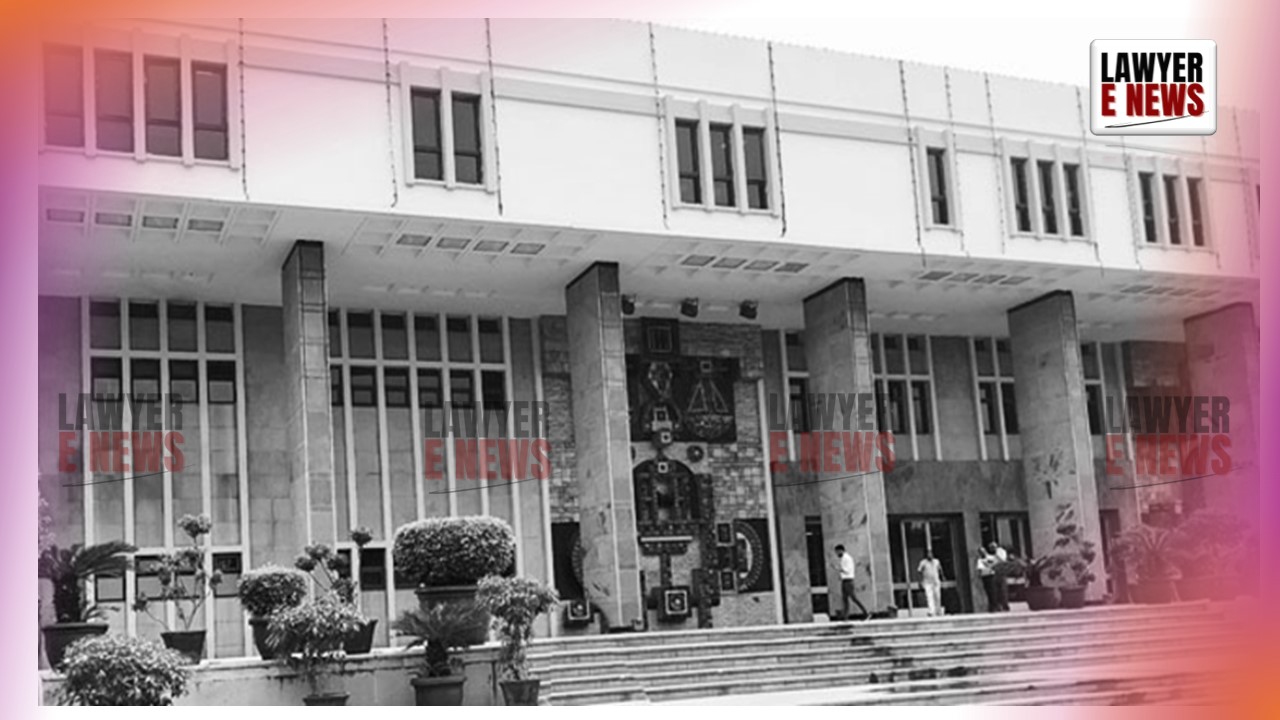-
by Admin
15 February 2026 5:35 AM



Delhi High Court delivered a pivotal judgment in the case of Axcess Limited vs. Controller of Patents and Designs, addressing the issue of amending patent claims under Section 59(1) of the Patent Act, 1970. The Court ruled that amendments to patent claims are permissible if they fall within the original scope of the specifications and claims. This decision set aside the earlier order by the Controller of Patents and Designs, which had rejected the amended claims filed by Axcess Limited.
Axcess Limited filed an Indian Patent Application No. 2427/DELNP/2011 titled "BILE ACIDS AND BIGUANIDES AS PROTEASE INHIBITORS FOR PRESERVING THE INTEGRITY OF PEPTIDES IN THE GUT." The patent application involved compounds and compositions used as inhibitors of gut proteases. The application, a national phase entry following a PCT application with a priority date of October 1, 2008, was refused by the Deputy Controller of Patents and Designs under Section 15 of the Patent Act. The refusal cited Sections 59(1), 3(d), and 3(e) of the Act.
The appellant, Axcess Limited, submitted amended claims on April 20, 2018, after filing the original claims on April 1, 2011, and an initial set of amended claims on December 18, 2017. The Controller rejected the amendments on the grounds that they were beyond the scope of the original claims and specification, in violation of Section 59(1).
The core issue was whether the amended claims filed by Axcess Limited fell within the original scope of the patent application and whether they were permissible under Section 59(1) of the Patent Act. The Controller held that the amendments proposed were beyond the scope of the original claims and specifications. The appellant, however, argued that the amended claims were consistent with the initial scope of the specifications and claims filed.
The High Court analyzed the original and amended claims, particularly focusing on whether the amendments deviated from the original specifications. The Court referred to a recent decision in The Regents of The University of California v. Controller General of Patents Designs & Trademarks & Anr., which outlined the parameters for permissible amendments under Section 59(1). Amendments must serve as a disclaimer, correction, or explanation and should not introduce new matter not disclosed in the original specification.
Justice Saurabh Banerjee of the Delhi High Court found that the amended claims submitted by Axcess Limited were within the permissible scope of the original PCT claims. The Court noted that the complete specification contained descriptions in the amended claims related to the composition as a product, supporting the inclusion of such amendments. The Court held that the amendments sought by the appellant were valid and could be allowed under Section 59(1) of the Patent Act.
Consequently, the Court set aside the Controller's order dated April 27, 2020, and remanded the matter back to the Controller for de novo consideration. The Court directed the Controller to issue a fresh hearing notice and delineate any objections clearly, allowing for a fresh hearing and a decision within four months from the date of the conclusion of the hearing.
The Delhi High Court's ruling clarified the scope and limits of permissible amendments under Section 59(1) of the Patent Act, 1970. It emphasized that amendments to patent claims could be allowed if they remain within the original scope and specifications of the application. The decision serves as an important precedent for patent applicants seeking to amend their claims, ensuring that the amendments align with the original invention’s disclosed specifications.
Date of Decision: September 13, 2024
Axcess Limited vs. Controller of Patents and Designs
